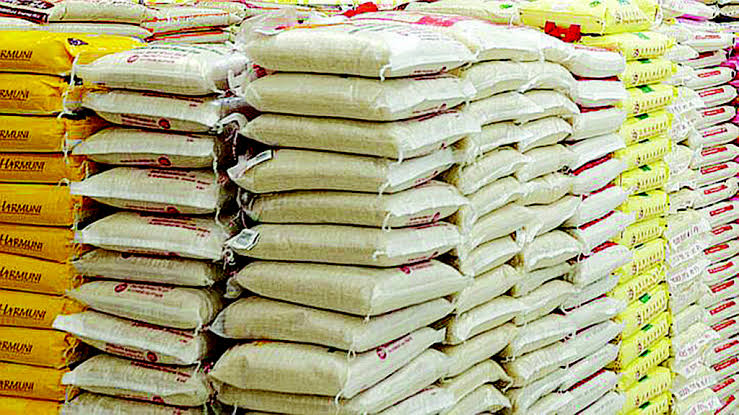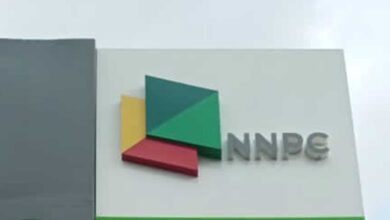FG Mandates NIN For Purchase Of 50kg Bag Of Subsidised Rice At ₦40,000

The Federal Government has launched the sale of 30,000 metric tonnes of milled rice to Nigerians at a subsidized price of ₦40,000 per 50kg bag. This initiative, flagged off on Thursday, September 5, 2024, aims to alleviate the impact of rising food costs. President Bola Tinubu, represented by the Minister of Agriculture and Food Security, Abubakar Kyari, announced that only buyers with National Identification Numbers (NIN) will be eligible to purchase the rice.
During the flag-off ceremony, Kyari explained that the distribution of rice would follow a “one person, one bag” policy to ensure equitable access. The government has deployed a task force to monitor the sale and ensure transparency.
“This food intervention comes at a crucial time, as our nation faces ongoing food challenges. It is part of the government’s broader efforts to reduce the burden of high food prices,” Kyari said, citing previous efforts, such as the release of 42,000MT of Assorted Food Commodities (AFC) to vulnerable citizens.
The subsidized rice will be available at designated points of sale, and buyers will need to verify their identity using their NIN or phone number. For public servants, access will be further simplified using the Integrated Payroll and Personnel Information System (IPPIS).
Haruna Sule, the Director of the Strategic Grains Reserve at the Ministry of Agriculture, outlined the purchasing process. He explained that once buyers are verified through the NIN system, they will receive a code number and a treasury receipt, which they can use to collect their bag of rice at designated collection points. This two-step process is designed to prevent overcrowding and ensure orderly distribution.
The government expects that this large-scale release of 30,000 metric tonnes of rice—equivalent to 1,000 trucks—will reduce the price of rice and other staple foods across Nigeria.
In July, the government announced a similar plan to sell subsidized rice, but the initiative was temporarily suspended without explanation. The relaunch of this food intervention marks a renewed effort to ease the pressure of high food prices on Nigerian citizens.



